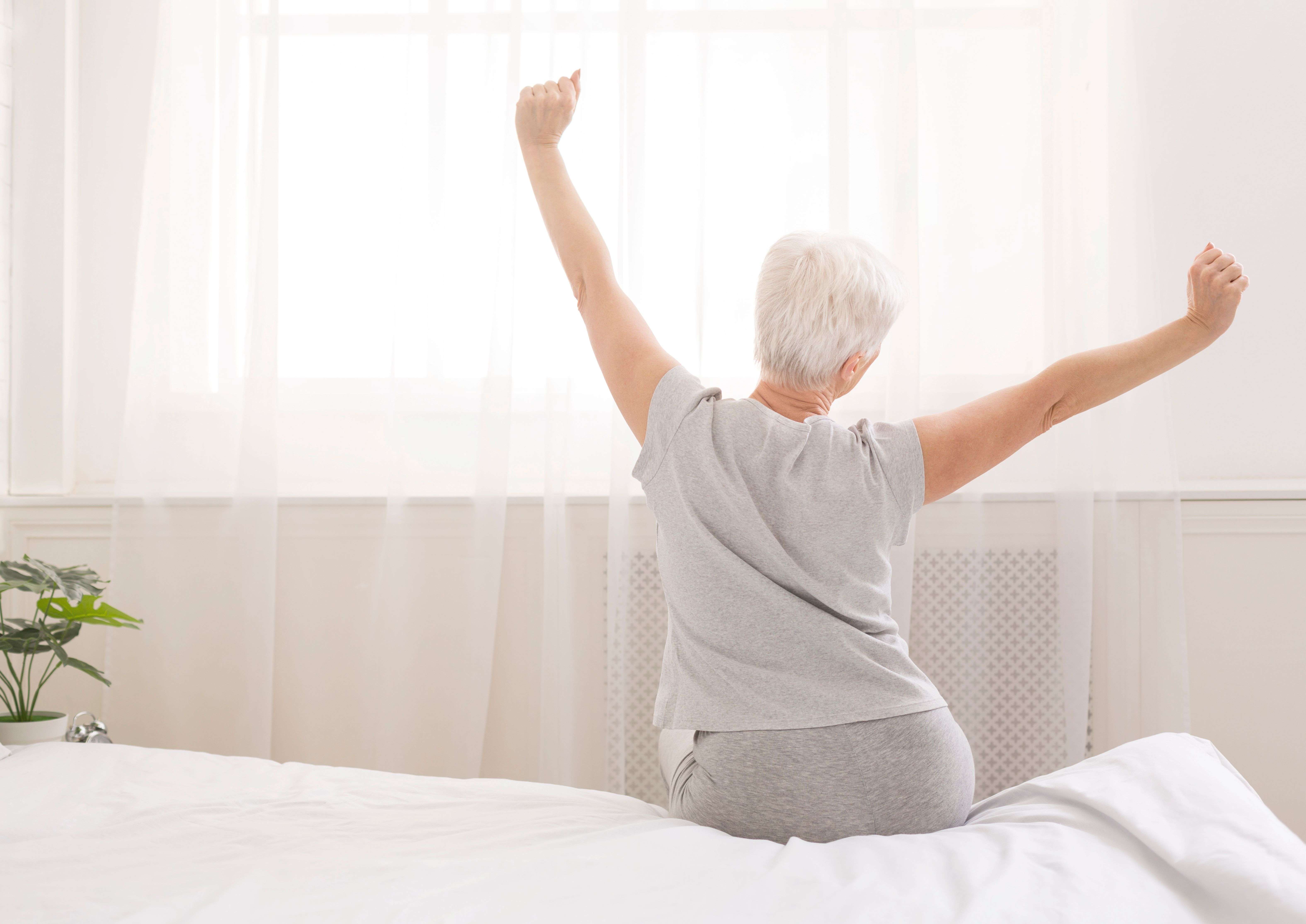A good night’s sleep is essential for maintaining overall health, yet many older adults struggle with getting the rest they need. Changes in sleep patterns, chronic conditions, and lifestyle habits can make it harder to fall and stay asleep. If you or a loved one in Florida are facing sleep challenges, understanding effective strategies and leveraging sleep quality for home care assistance in Palm Harbor, FL, or companionship care in Tarpon Springs, FL, can make a world of difference.
Why Sleep Becomes a Challenge for Older Adults
As we age, our sleep cycles naturally shift. Older adults often experience:
- Lighter Sleep – Less time spent in deep, restorative sleep.
- Frequent Night Wakings – Increased disruptions due to pain, medications, or other conditions.
- Early Wake-Ups – A shift in circadian rhythm leading to waking up earlier than desired.
- Difficulty Falling Asleep – Anxiety, stress, or chronic pain can delay sleep onset.
If sleep struggles persist, professional support such as live-in caregivers in Gulfport, FL, or 24-hour care in St. Petersburg, FL, can provide assistance with nighttime routines, medication reminders, and relaxation techniques.
Proven Strategies to Improve Sleep Quality
1. Maintain a Consistent Sleep Schedule
Going to bed and waking up at the same time every day helps regulate the body’s internal clock. Encouraging a regular routine can help seniors adjust to natural sleep rhythms, reducing nighttime restlessness. If a loved one struggles with adherence, around-the-clock home care in Miami, FL, can provide reminders and structure.
2. Create a Relaxing Bedtime Routine
Developing a calming routine before bed—such as reading, listening to soft music, or engaging in light stretching—signals the body that it’s time to wind down. Companionship care in Brickell, FL, makes sure that seniors have support in following a bedtime routine, reducing anxiety and promoting restful sleep.
3. Optimize the Sleep Environment
A cool, dark, and quiet bedroom can significantly enhance sleep quality. Consider:
- Using blackout curtains to block excess light.
- Reducing noise with a white noise machine or soft music.
- Keeping the temperature comfortable (around 65°F is ideal).
For seniors with cognitive decline, dementia home care services in St. Pete Beach, FL, can ensure they have a secure, calming sleep environment and assistance in navigating nighttime confusion.
4. Limit Screen Time Before Bed
The blue light from screens (phones, tablets, and TVs) suppresses melatonin production, making it harder to fall asleep. Encourage at least one hour of screen-free time before bed. Companionship home care in Clearwater, FL, can help seniors find alternative bedtime activities like puzzles, audiobooks, or journaling.
5. Be Mindful of Diet and Hydration
What we eat and drink impacts sleep quality. Seniors should avoid:
- Caffeinated beverages in the afternoon and evening.
- Heavy or spicy meals late at night.
- Excess fluids close to bedtime to minimize nighttime bathroom trips.
If your loved one needs help managing meals and hydration, elder care services in St. Petersburg, FL, can provide nutritious meal planning and reminders.
6. Stay Physically Active
Regular physical activity—such as walking, stretching, or low-impact yoga—promotes deeper sleep. However, exercise should be completed at least three hours before bedtime to prevent increased alertness at night.
Home care in Dunedin, FL, or home care in Pinellas, FL, can provide assistance with daily activities and mobility support to keep seniors active.
7. Limit Naps During the Day
Short naps (20-30 minutes) can be beneficial, but long or late-afternoon naps may interfere with nighttime sleep. At-home caregiverscan help establish a structured daily routine to maintain an optimal nap schedule.
8. Manage Stress and Anxiety
Meditation, breathing exercises, and light reading before bed can help reduce stress levels. If emotional well-being is a concern, companionship home care offers social engagement and emotional support to ease anxiety.
Addressing Sleep Disruptions from Chronic Conditions
Many older adults in Florida experience sleep disturbances due to chronic health conditions like arthritis, diabetes, or Alzheimer’s disease. Specialized chronic conditions care in St. Petersburg, FL, and beyond, can help manage symptoms and improve nighttime comfort through:
- Medication management to reduce nighttime pain.
- Assistance with repositioning to prevent discomfort.
- Creating a structured sleep schedule tailored to individual health needs.
The Role of Home Care in Supporting Better Sleep
If your loved one needs extra assistance at night, 24-hour in-home care in Palm Harbor, FL, ensures someone is always available to provide comfort, repositioning, or reminders for medications. Additionally, dementia home care services in Palm Harbor, FL specialize in nighttime safety measures, helping those with memory-related conditions rest peacefully.
Final Thoughts: Prioritizing Sleep for a Healthier Life
Sleep is crucial for maintaining cognitive function, heart health, and emotional well-being. Implementing these strategies can help older adults in Florida experience better rest and improved overall health. If your loved one needs additional support, whether it’s caregivers at home in Gulfport, FL, or personalized home caregiver services in Palm Harbor, FL, professional assistance can make all the difference in ensuring a restful night and a healthier, more vibrant life.
By prioritizing sleep health and seeking support from home care services throughout Florida, seniors can enjoy rejuvenating rest and a higher quality of life.
Resources:
- 6 Sensible Sleep Tips for Older Adults – National Council on Aging
- Sleep and Older Adults – National Institute on Aging
- 8 Tips to Help Older People Fall — and Stay — Asleep – University of Michigan
- Sleep and Aging – Help Guide

